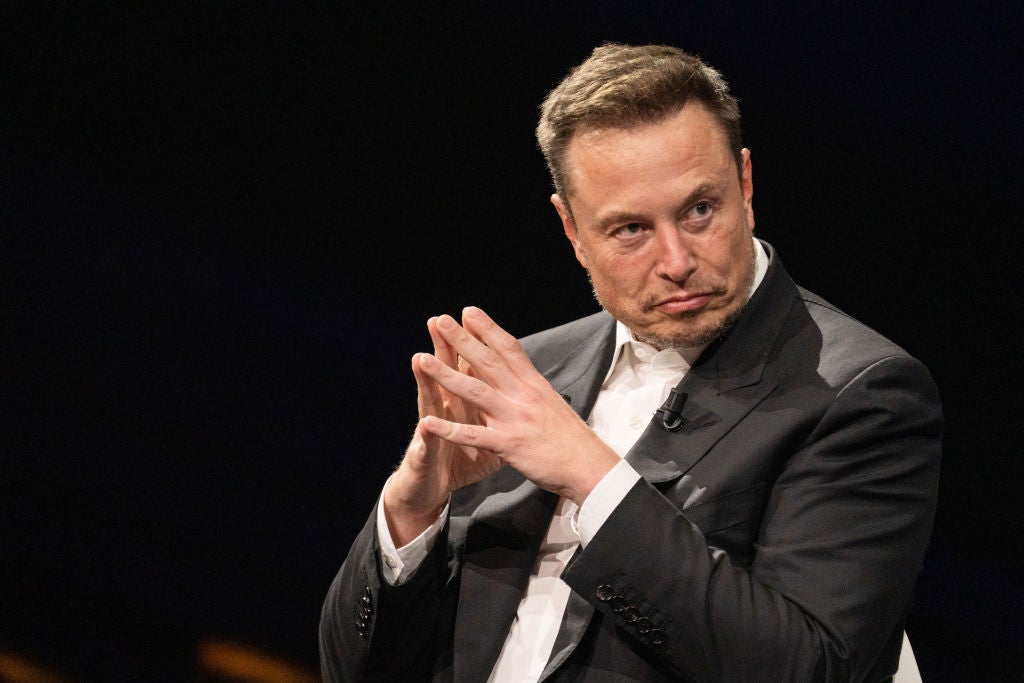
Elon Musk’s Neuralink has released a video of its first brain implant patient playing video games and online chess using brain-computer interface (BCI) technology.
The paralysed man was seen in a live-streamed video on Wednesday (20 March) playing his favourite video game, Civilization VI, and online chess.
In January, the 29-year-old man was released from hospital just one day after the Neuralink procedure.
Musk has said the startup will initially focus on humans with physical limitations, such as cervical spinal cord impairment or quadriplegia.
Neuralink’s first product, Telepathy, claims to contain more electrodes than other devices being used by rival companies.
In a post on X, Musk said the device might also be able to restore vision in blind people.
How well do you really know your competitors?
Access the most comprehensive Company Profiles on the market, powered by GlobalData. Save hours of research. Gain competitive edge.

Thank you!
Your download email will arrive shortly
Not ready to buy yet? Download a free sample
We are confident about the unique quality of our Company Profiles. However, we want you to make the most beneficial decision for your business, so we offer a free sample that you can download by submitting the below form
By GlobalDataBrain devices that connect a patient with a computer are not a new invention by Neuralink.
BrainGate, currently being developed by a group of researchers and hospitals, is a BCI device that looks to restore the communication, mobility, and independence of people with neurologic disease, injury, or limb loss.
École Polytechnique Fédérale in Lausanne, a public research university in Switzerland, engineered BCI technology that allowed a paralysed man with a spinal cord injury to walk again.
The man was able to move his limbs just by thinking through electronic implants placed on his brain and spine.
Earlier in March, leading BCI companies announced the creation of an industry body. Companies operating in the BCI space said they wanted to build trust with regulators and the public following publicity around Musk’s Neuralink.
The BCI industry body will work on pressing issues within the nascent industry, including data privacy, commercialisation and ethics.




